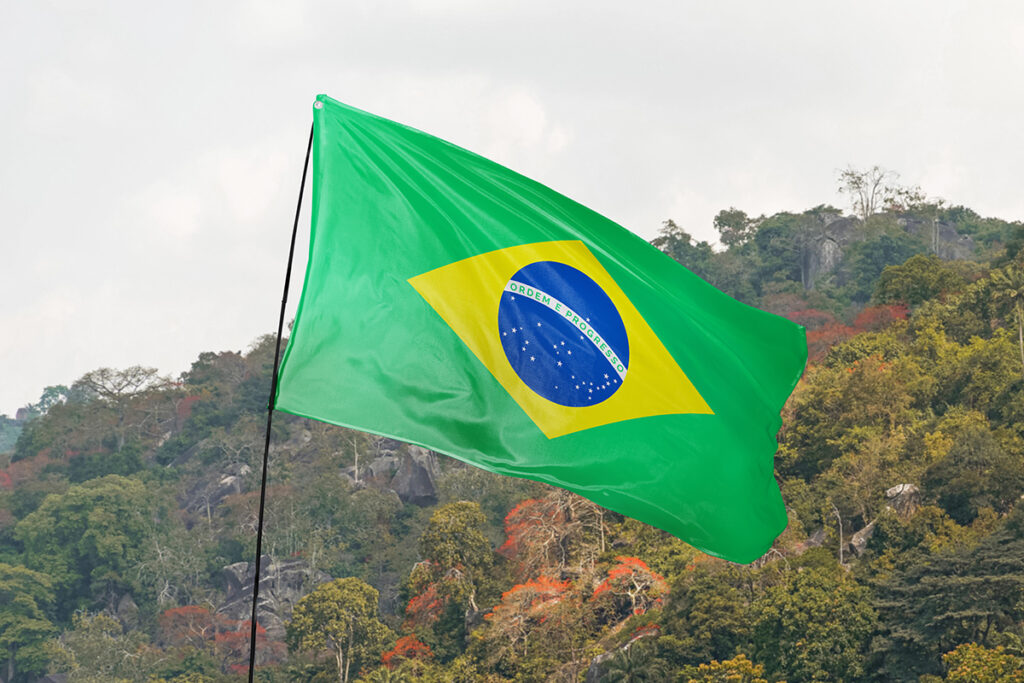Recent political developments in Brazil have highlighted the enduring polarization gripping the nation’s political landscape, despite some indications of a more cordial atmosphere emerging.
In a series of events reminiscent of the heightened tensions preceding the 2022 presidential elections, President Luiz Inácio Lula da Silva sparked controversy with his off-the-cuff comparison of Israel’s conflict with Hamas to the Holocaust. This remark ignited heated debates between Lula’s supporters and critics, underscoring the deep-seated divisions within Brazilian society.
Similarly, former president Jair Bolsonaro stirred the political pot with a fiery speech to thousands of supporters in São Paulo. The rally briefly devolved into accusations regarding attendance numbers, reflecting the charged atmosphere surrounding Bolsonaro’s political activities.
Despite these incidents, recent polls indicate that over 90% of voters for either Lula or Bolsonaro do not regret their choice, underscoring the entrenched nature of Brazil’s polarization.
However, amidst this political fervor, there are signs of a more tempered discourse emerging. A notable example is the seemingly amicable relationship between Lula and São Paulo governor Tarcísio de Freitas, a protégé of Bolsonaro. Their willingness to collaborate on various initiatives suggests a departure from the acrimony that defined relations between left and right factions in the past.
Furthermore, both Lula and Bolsonaro have refrained from launching personal attacks against each other, signaling a potential decrease in the intensity of political animosity.
Another shift in the political landscape is the diversion of controversial debates towards foreign policy matters. While these discussions continue to satisfy the public’s appetite for polarization, they carry relatively lower stakes for Brazilian politics.
Additionally, figures known for stoking conflict, such as far-right commentator Rodrigo Constantino, appear to have lost some of their influence. Similarly, polarizing figures like congressman André Janones have seen a decline in visibility, indicating a shift away from extreme rhetoric.
Despite the persistence of polarization, there are indications that Brazil’s political stability is less threatened than in previous years. Even amid potential controversies, such as Bolsonaro’s potential ban from holding office, widespread chaos has not ensued, suggesting a level of resilience within the country’s democratic institutions.
Overall, Brazil appears to be navigating towards calmer waters in its political discourse. While some polarization remains, the trend towards a more civil and nuanced debate is seen as a positive development for the nation’s democracy.
As the world’s fifth-largest democracy, Brazil’s ability to manage its internal divisions will have significant implications not only domestically but also on the global stage.


